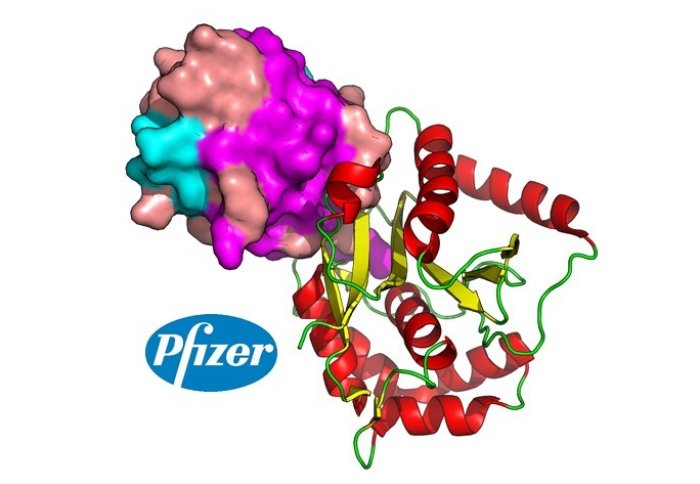Probing Collaboration

The group of Professor Ed Tate in the Department of Chemistry has established a collaboration with Pfizer Inc. through a 2-year research agreement
The collaboration is designed to advance the use of chemical probes to study a special class of around 100 enzymes in human cells called the deubiquitinases, or DUBs, to better understand their role in disease.
The body has a natural mechanism for recycling, or degrading, proteins as a way to remove waste and enable continued growth and development. DUBs are a critical part of this process because they help determine which proteins get degraded and which ones are rescued from degradation, including proteins involved in disease pathways.
The Tate lab has pioneered the study of DUBs in cells, facilitating measurement of DUB activity in living cells. This new collaboration aims to develop a detailed understanding of DUB activity, with the potential to provide new insights into their role in disease and uncovering potential new drug targets.
Article text (excluding photos or graphics) © Imperial College London.
Photos and graphics subject to third party copyright used with permission or © Imperial College London.
Reporter
Jennie Hutton
Department of Chemistry